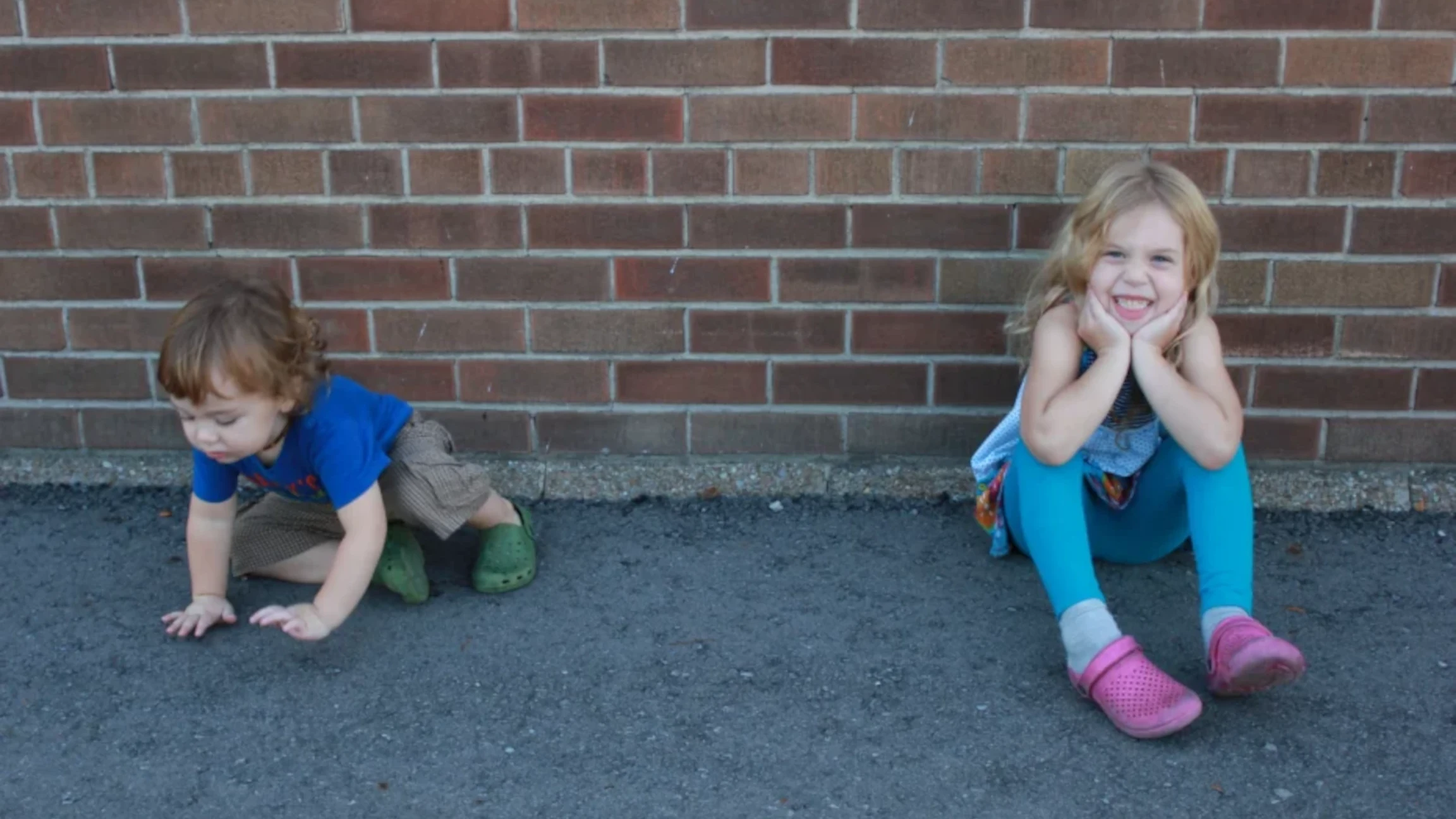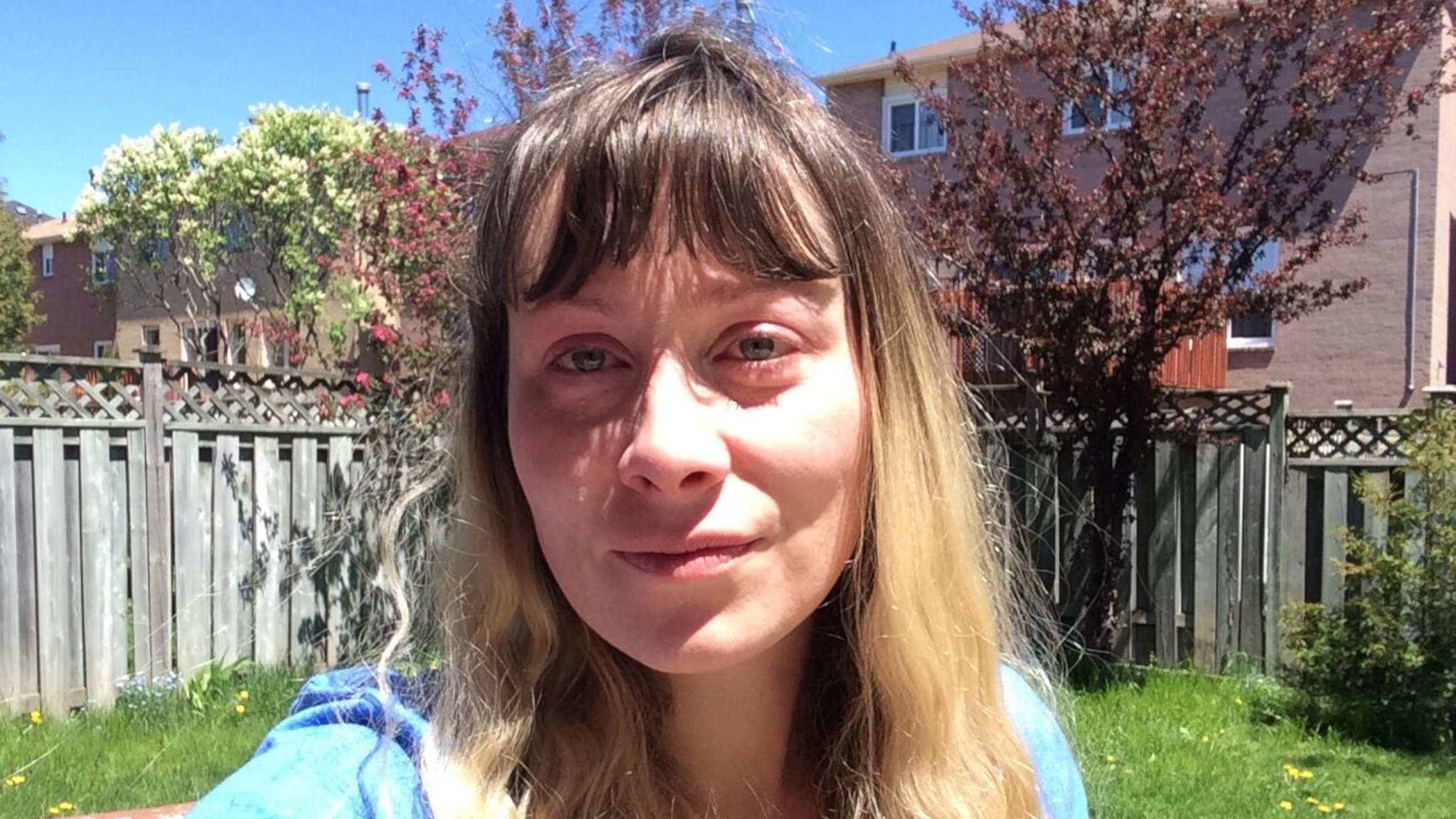One of the most important aspects of understanding Autism is what I call social blindness. Psychologists refer to this concept as the “theory of mind,” which describes the ability to recognize how other people have thoughts, feelings, and perspectives that can be very different from our own. For many individuals with autism, this doesn’t come naturally. We can see people’s actions, but it’s much harder to guess what’s happening in their minds. Are they being kind because they care, or because they feel obligated? Do they like me, or are they just being polite?
Of all the areas autism touches, this one has caused me the most emotional pain. Thankfully, I’ve learned a great deal over the years. However, when I was younger, the inability to read people’s intentions was like walking through life with a blindfold on.
What made it even more frustrating was that I not only struggled to read and understand others, but I also couldn’t see myself the way they saw me. I had no idea how I was being perceived. I couldn’t sense their true intentions for our relationship or pick up on unspoken social cues.
My approach to people was honest and straightforward. Instead of judging or comparing, I saw each person as a unique individual, respecting their differences. I didn’t have rigid expectations about how others should behave. I accepted people’s personalities and actions as they were, making them feel included and accepted. This led me to believe they would reciprocate in the same way with me. Additionally, it seemed natural to assume that most people were genuine, kind, and had good intentions for those around them, like I did. This way of believing that others were like me was the epitome of my social blindness.
I believed what people said, even when their actions didn’t match their words. Lying doesn’t come easily to me, so I never considered that others might be dishonest. Or even worse, that they might pretend to be kind while actually feeling indifferent or cruel.
Looking back, I’ve lost count of all the times I believed I had friends who were, in reality, just using me or wearing a social mask. It wasn’t until much later that I realized many neurotypicals learn this kind of social “performance” early in life. They often treat others with kindness and appear genuinely interested, even if they don’t actually like them. To me, that’s deeply confusing because it blurs the line between true friendship and polite obligation.
For a long time, I believed that people genuinely cared for one another. I thought that when someone chose to spend time with me, it was because they valued our connection and wanted a true friendship. Now, I realize that for many, it’s often less about authentic connection and more about filling their social calendar, making money, or avoiding loneliness.
That realization was painful. It felt like discovering that many people are not genuine. I know this might sound harsh, but it’s the truth. Many individuals maintain a social facade, pretending to be kind and caring, while, beneath the surface, they may be acting out of insecurity, social expectations, or self-interest.
The most challenging aspect of my experience with autism has been my difficulty in understanding social dynamics and recognizing hidden motives. My default assumption was that people had good intentions for others. I believed in kindness, honesty, and genuine connections, only to learn that many interactions have unspoken motives I can’t always identify.
I’ve had to adapt over time. I’ve learned not to rely very much on what people say, or even on what they do, but instead to pay attention to how I feel when I’m around them. If a relationship consistently leaves me feeling drained, confused, or off-balance, that’s a red flag. Healthy connections feel safe and uplifting most of the time. I have reduced my social blindness because now, I trust my inner compass.
For most of my life, I was naive and had social blindness. However, I remained sincere. I would rather be someone who believes in love and chooses kindness, even in a world that doesn’t always reciprocate it.
Today, I understand how to recognize the people who are like me. Those rare individuals who truly mean what they say, who come forward with open hearts, who are genuine, and who don’t have hidden agendas.
I’ve learned that my way of loving isn’t wrong; it’s simply rare. And something rare is worth cherishing.




